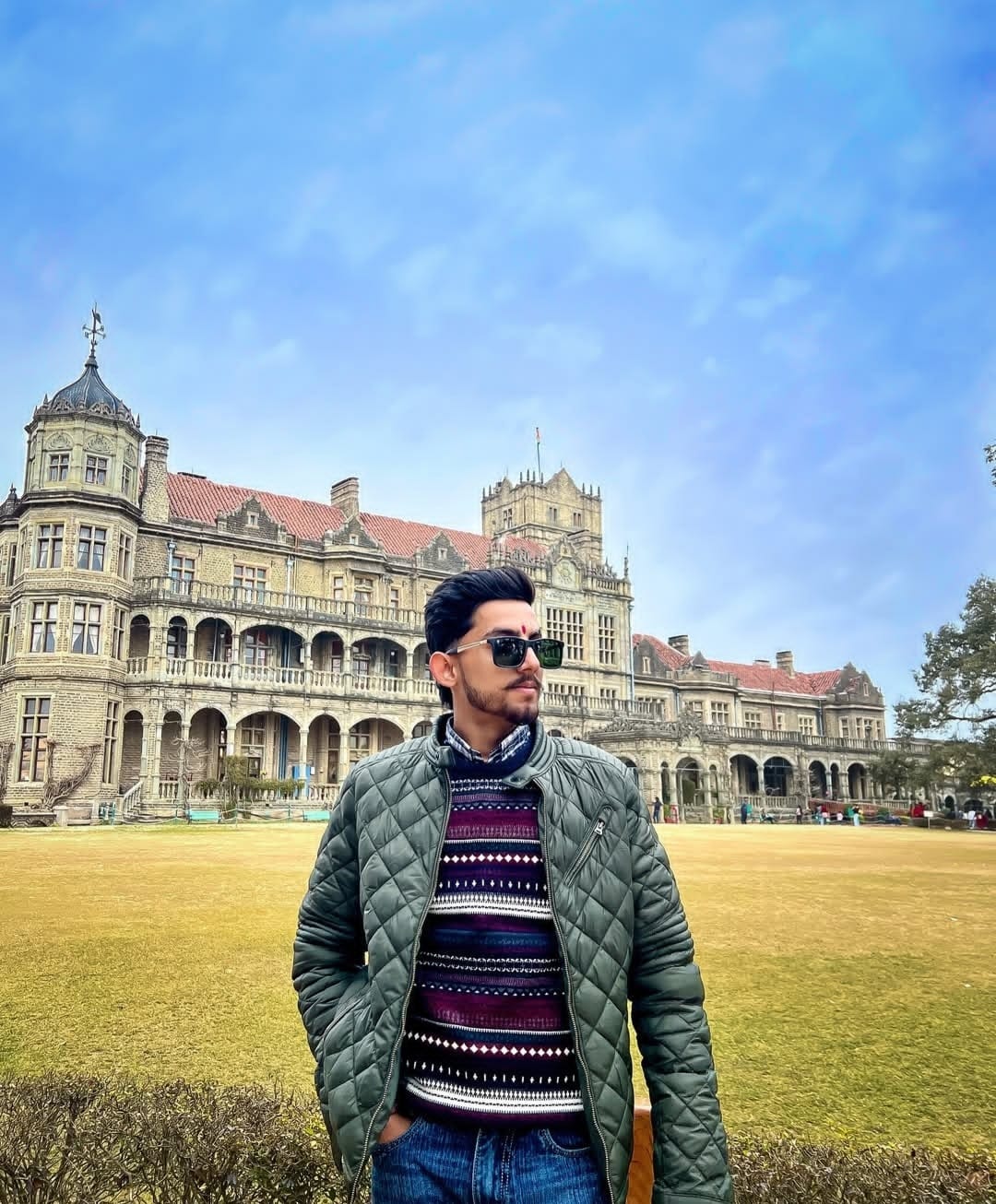Student’s murder: DM issues SOPs for holding events at PU
District Magistrate (DM) Nishant Kumar Yadav has sought a report from the Panjab University (PU) Student Council, PU administration and the Chandigarh Police on the lapses found on their part that led to the murder of a 21-year-old varsity student during a concert on the campus in March.
The DM has also called for the action taken by them to avoid such lapses in future. Besides, he has issued the standard operating procedures (SOPs) for holding such events on the PU campus in future.
 Deceased Aditya Thakurs. file photo
Deceased Aditya Thakurs. file photo
Yadav had ordered a magisterial probe into the murder of Aditya Thakur, hailing from Hoshiarpur in Punjab, a second-year computer science student at the University Institute of Engineering & Technology (UIET), who was stabbed to death during a concert by Haryanvi singer Masoom Sharma. It was organised by the PU Student Council on the UIET campus in Sector 25 here on March 28. Three other students had sustained injuries in the incident.
The probe conducted by SDM (Central) Naveen Kumar had found lapses on the part of the organisers, PU administration and the UT Police in the organisation of the concert during which Thakur was stabbed to death.
The SDM had recently submitted his inquiry report to the DM for further action.
Confirming that lapses have been found on the part of the PU administration, police and the organisers (students’ body), the DM told The Tribune that acting on the findings and recommendations of the probe report, he has sought comments from them on the lapses and the details of action taken to avoid such incidents in future.
According to the probe report, the event organisers proceeded with planning large-scale events despite lacking adequate technical knowledge and experience. They pressurised PU to grant permission, even after previous Holi events were abruptly cancelled over safety concerns. “This disregard for past failures raises questions about their commitments to ensuring a safe environment for attendees,” the inquiry officer observed, while noting that there was no provision for any ambulance, let alone one with ICU facilities.
On the role of the PU administration, the inquiry report mentioned that the varsity authorities faced significant pressure due to the prior cancellation of events and the protest march announced by the student unions. “This pressure may have influenced their decision-making, leading them to prioritise the continuation of events over the safety of students and attendees,” the probe found, while stating that they cannot refute the shared responsibilities for this security failure.
Regarding the PU’s internal security arrangements, the magisterial probe observed that the deployment of security personnel was insufficient to manage the size of the crowd effectively. “Additionally, they were unprepared for potential medical emergencies, which are critical in large gatherings where the risk of incidents increases,” it reported.
On the local police’s action, the inquiry officer said the eyewitnesses reported that the police response time was longer than desired. “Specifically, there were delays in transporting the injured individual to the PGI, which could have jeopardised his access to timely medical treatment,” the report added.
“On the basis of the magisterial probe report, we have sought a report from the PU administration, organisers (student council) and the local police on the lapses found on their part and steps taken by them to avoid such incidents. Further action, if needed, shall be taken after their replies," said Nishant Kumar Yadav, District Magistrate
SIX-POINT SOPs
PRE-EVENT RISK ASSESSMENT: Conduct thorough risk assessments for all events, considering factors such as expected crowd size, nature of the event and past incidents. This should be done through institutions like private security agencies covered under PSARA to ensure professionalism and accountability.
CROWD MANAGEMENT PLAN: Develop a detailed crowd management plan that includes strategies for controlling entry and exit points, managing queues and ensuring safe dispersal after the event. Further, on the day of the event, the hostels should be cleansed of any outside student (if allowed) and the entry and exit to the venue campus be strictly controlled.
SECURITY REQUIREMENTS: Ensure adequate deployment of trained security personnel based on crowd size and event type. This should include both unformed security staff and officers in civil dress to monitor potential disturbances and convey to the authorities concerned about any possible nuisance. Further, the entry layer of security shall vest with the police for professional management.
COORDINATION: Establish a protocol for liaising with the local law enforcement agencies prior to the events to ensure that rapid response capabilities are in place. Further, requests must be made to shift the security of the venue to the police to ensure that there exists deterrence against such mishaps or misadventures.
EMERGENCY RESPONSE TRAINING: Provide training to all event staff on emergency response procedures, including first-aid and protocols for handling violent situations. Further, there should be at least one ICU-enabled ambulance and at least one normal ambulance to provide speedy treatment to the injured/needy.
COMMUNICATION CHANNELS: Implement clear communication channels for attendees regarding safety measures, emergency exits, and whom to contact in case of an emergency. Further, there should be a clear-cut rule book to tackle unforeseen circumstances with defined responsibilities.
Hoshiarpur boy was stabbed to death
March 28: Student stabbed to death on campus, a murder case registered against unidentified assailants
March 31: Four college students arrested in the murder case
April 1: DM ordered magisterial probe
May 27: Probe report submitted
July 3: Police filed chargesheet against seven college students
Chandigarh